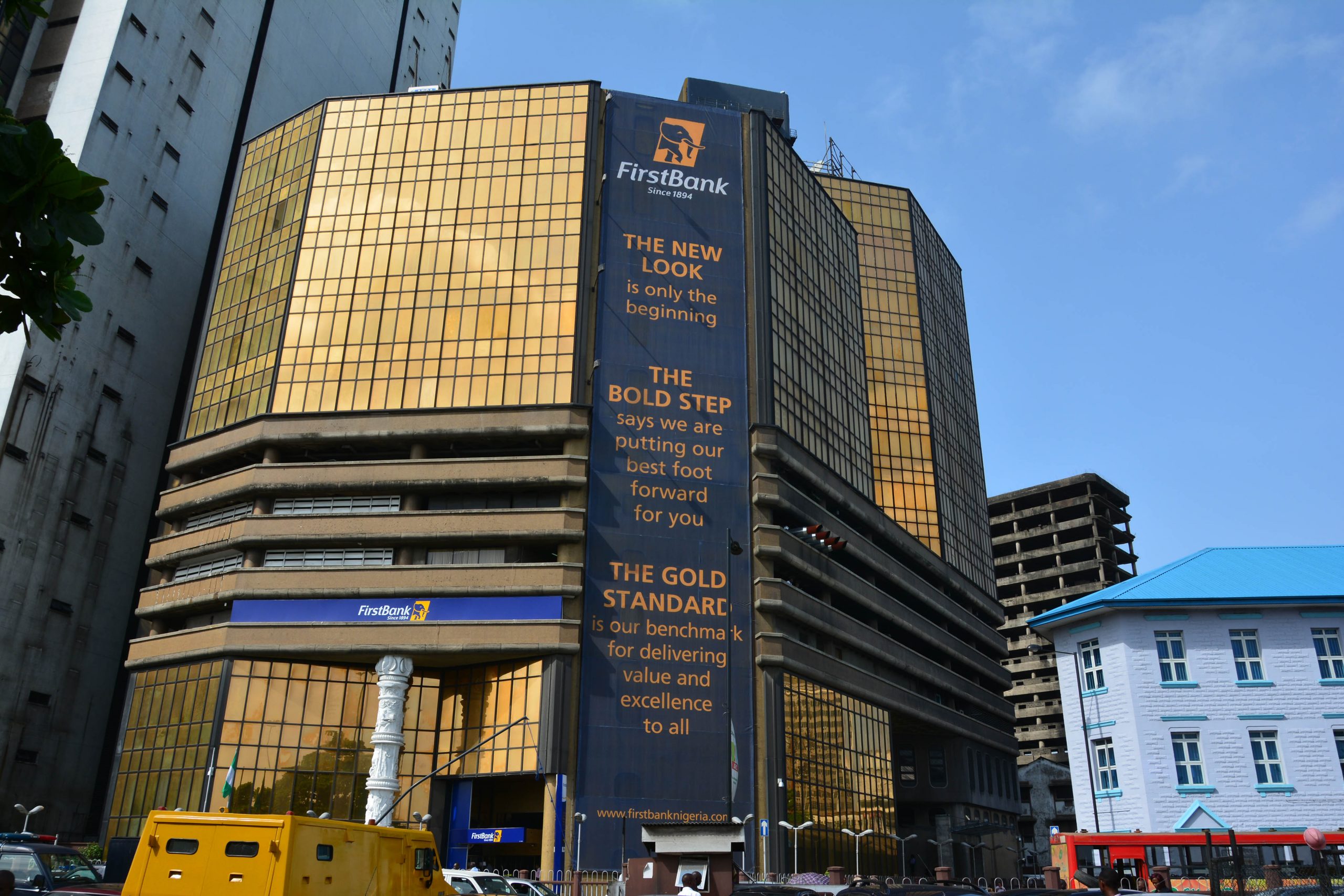Josef Onoh, a prominent chieftain of the All Progressives Congress (APC), has sharply criticized former President Muhammadu Buhari’s eight-year tenure, accusing him of overseeing monumental corruption and widespread insecurity. Onoh’s statement, released on Friday, was in response to Buhari’s recent comments defending his administration, where he claimed significant improvements in security and the economy during his time in office.
Buhari had argued that upon assuming office in 2015, he inherited a fragile economy and severe security challenges from the previous government, led by the Peoples Democratic Party (PDP), which had been in power for 16 years. He further asserted that his government’s strategies successfully tackled these issues, reducing terrorism and alleviating economic hardships.
In contrast, Onoh rejected these claims, stating that Buhari’s administration instead led to an economic collapse, entrenched corruption, and rising insecurity. “Under Buhari’s watch, Nigeria faced an economic collapse, monumental corruption, and insecurity,” Onoh remarked. He also highlighted the negative consequences that President Bola Tinubu’s current administration faces as a result of Buhari’s mismanagement of the economy over the past eight years.
Onoh pointed out that while many Nigerians now criticize Tinubu’s leadership, they fail to recognize that his administration is still grappling with the aftermath of Buhari’s policies. “Nigerians today accuse Tinubu’s administration of being the worst they have met without knowing that the President chose to be silent and carry his cross alone without shouting or calling names,” Onoh stated. He emphasized that Tinubu’s government continues to navigate the complex economic challenges left behind by Buhari.
Onoh further criticized Buhari for the deteriorating security situation under his rule, particularly in the Northeast, Northwest, and other regions of the country. He referenced the stark increase in the number of people killed during Buhari’s presidency, noting that the number of deaths related to terrorism and violent attacks grew exponentially. “When you assumed office on May 29, 2015, the cumulative number of people killed in Nigeria was 34,972. By the time you left office in May 2023, that number had risen to 98,083,” Onoh said.
He provided a breakdown of yearly fatalities, citing that 27,311 people were killed in Buhari’s first term and another 35,800 during his second term from 2019 to 2023. Onoh then stated, “Under Buhari’s administration, Nigeria experienced the highest levels of insecurity, surpassing even the Civil War era. The figures I’ve provided are staggering and demonstrate the failure of his leadership.”
Onoh also took aim at Buhari’s handling of the security forces, criticizing his ineffective approach in tackling armed groups and insurgents. “Under your watch, Nigeria was ranked 3rd in the Global Terrorism Index in 2019, behind only Afghanistan and Iraq. We were also ranked as one of the most fragile states in the world, and one of the least peaceful countries globally,” Onoh noted. “In the same year, Nigeria ranked 148th out of 163 countries in the Global Peace Index, below nations like Sierra Leone, Liberia, and Rwanda, which had experienced their own civil wars.”
Onoh also pointed out specific security failures, such as the widespread attacks and reprisals in places like Kaduna state, where allegations of ethnic cleansing and mismanagement of religious and cultural diversity persisted. He commended Tinubu’s administration for bringing peace to southern Kaduna, a region that had been plagued by violence under Buhari’s leadership.
The APC chieftain further claimed that Buhari’s administration was responsible for the collapse of key industries, including the fisheries sector in the northeastern part of the country. He noted that the Baga fish market, one of the largest in West Africa, had been abandoned due to the ongoing Boko Haram insurgency, with recovery only beginning under President Tinubu’s leadership. “Buhari’s failure to tackle insecurity directly impacted business environments, stalling foreign direct investment,” Onoh asserted.
Onoh also blamed Buhari’s economic policies for hampering Nigeria’s global reputation, asserting that foreign and local investments were deterred by the unstable environment created during his presidency. “Under Buhari’s watch, Nigeria’s economy was negatively affected by insecurity, which led to diminished business flows and weakened investor confidence,” Onoh added.
In further criticism of Buhari’s legacy, Onoh referred to what he described as the “success story” of a recharge card seller turned billionaire during Buhari’s tenure, implying that cronyism and corruption were prevalent under his administration. He also ridiculed the rise of political figures who used public office for personal gain, citing a serving Central Bank governor who reportedly ran for president while in office.
Onoh concluded his statement by condemning the nepotism and political favoritism that he claimed became trademarks of Buhari’s presidency. He mocked Buhari’s self-assessment, stating, “Your 8 years in office were truly the Las Vegas of insecurity and corruption. You rode on the mantra of change, but ended up changing Nigeria for the worse.”
According to Onoh, Buhari’s administration left behind a legacy of poor governance, which has severely impacted Nigeria’s development. He argued that the current administration under Tinubu is still dealing with the consequences of this mismanagement, with a nation struggling to recover from the economic and security crises that escalated under Buhari’s rule.
In his closing remarks, Onoh urged Nigerians to critically assess the real impact of Buhari’s presidency, calling for a fair evaluation that accounts for the long-lasting effects of his administration’s failures. “Any fair assessment, whether by himself or by artificial intelligence, must take into consideration these undeniable facts,” he said.















